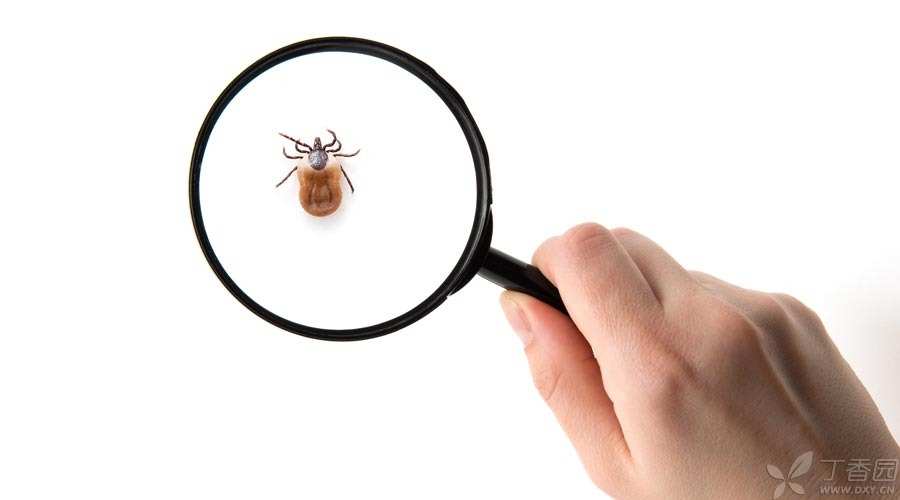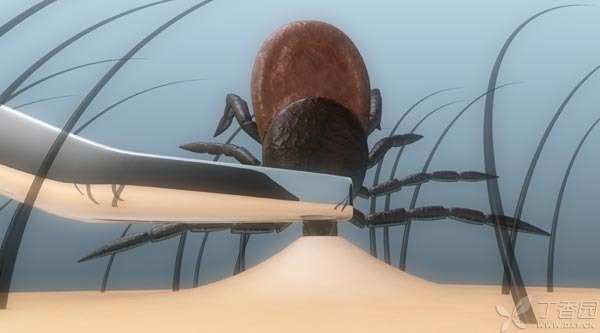
[After being bitten by ticks, someone died of a high fever for 10 days! ] Maybe you can always find the news of this tick bite to death.
It seems that this kind of worm is extremely destructive to human beings. Is tick bites really that terrible?
The tick is what?
Ticks are insects that need to suck blood from other animals to survive and reproduce. They will parasitize wild animals or birds.
Most ticks have specific host animals, so protection is generally not emphasized.
However, some ticks have a wider host and can be parasitic on humans, pets or livestock.
Therefore, there are some reports of tick bites on people who have gone to the wild or passed the lawn.
Is tick bite really that severe?
The [mouth] of ticks is complex in structure and has some [barbs], which makes it difficult to directly remove people or animals after being bitten.
Therefore, the most common consequence of the bitten person is skin infection at the corresponding part.
Ticks themselves are not toxic, but they have the characteristic of sucking blood for a living. If ticks live in a bad environment, they may spread some serious diseases.
For example, ticks can spread some serious diseases, some even fatal, and the common ones are Lyme disease and hemorrhagic fever, in areas with high incidence of endemic epidemics or during periods when epidemic viruses are active, such as spring and summer.

To prevent tick bites, you need to do this
- Avoid forests and bushes with lush grass and fallen leaves. City residents should be careful whether there are ticks on the skin surface of pets or other animals. If you want to go to the wild, you should wear long-sleeved trousers, tighten your trouser legs, wear hats and other protective equipment to reduce bare parts. Use insect repellents such as DEET or Pimenine on exposed skin.
If bitten, what should I do?
First of all, carefully check:
-
Usually ticks are painless when bitten, and only a few people will cause obvious allergic reactions, so people are often not aware of them when bitten.
-
Ticks may be parasitic anywhere in the human body, especially in skin folds, such as scalp, behind ears, neck, armpit, popliteal, wrist, groin, etc.
-
There are also some ticks that will adhere to clothes, shoes and hats, so carefully check the whole body to find out the attached ticks.
-
If you have taken your children or pets to the lawn or the wild, you should also carefully check them.
-
Even if tick bites are not found during the examination, if you pass through the epidemic area when you go out, you should observe your physical condition at any time, such as fever and other symptoms, and be alert to related diseases. Once relevant symptoms are found, you should go to the hospital immediately.
After the discovery of ticks:
- No matter on the body surface of human or animal, or on the surface of clothing and other objects, do not directly contact with hands, let alone crush, must use tweezers or other tools to clip; If you accidentally come into contact with ticks, especially the effluent after ticks are crushed, you should disinfect them in time.
According to the method shown in the following figure, use tweezers to clamp ticks biting the skin and take them out vertically upward:

After the tick is removed:
- Alcohol or other disinfectants should be used for local disinfection, and antibiotics may be required in serious cases. If conditions permit, a few removed tick stumps can be kept in the sealed container. In case the condition of the bitten person deteriorates, these stumps can be used as a reference for doctors to better diagnose and treat. Observe and monitor the physical condition at any time. If symptoms such as fever, swelling and pain at the bite site, ulceration and erythema occur, see a doctor in time so as not to miss the best treatment opportunity.
In short, if you are bitten by ticks, handle it correctly and see a doctor in time, most of the situations are controllable.
Of course, it is best to nip in the bud and not be bitten by ticks.
